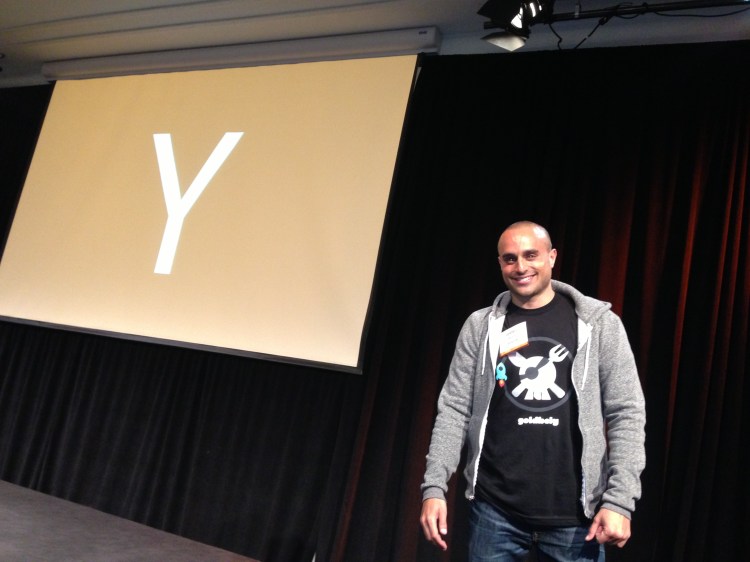YCombinator’s move on Tuesday to increase their investment size to $120K — effectively a sixfold increase in the entry valuation for all YC companies — has big implications for the global accelerator market and hastens the dawn of a world with far fewer such programs.
YC’s success since 2005 has meant that most accelerators have essentially copied its pricing model — around $18,000 investment for around 7 percent equity (give or take a few thousand dollars/pounds/euros and a couple of percentage points of equity). This has resulted in challenging but survivable economics for accelerators without YC-quality dealflow (which is basically all of them).
YC’s secret sauce
The key for non-YC programs has been the low effective valuation of each company: in a batch of ten companies, one modest exit pays for all the other failures — which is just as well, because outside YC there have been very few immodest accelerator exits.
That equation breaks down, though, if the ingoing valuation is $1.7m instead of a few hundred thousand. A copycat’s breakeven exit hurdle has just increased by a factor of six. (As has the post-graduation “up-round hurdle” — in Europe, $1.7m is higher than many/most seed rounds).
The crucial point is that you need true black swan outlier exits to make that work, not just good acquihires.
This is Paul Graham’s “there is no value investing in startups” institutionalized — and that’s a completely different philosophy from the one that underpins most accelerators.
The move is a credible signal about the scale of YC’s ambition for its startups (particularly important as it starts to go after breakthrough tech).
If you’re a competitor, either you say that you’ll do the same — which ruins your economics if you can’t find the next Dropbox — or you don’t, in which case you’re clearly second tier.
What does this mean? Two big things:
1. Better and better results for YC.
There’s a winner-takes-all market in accelerators. Application quality is the most important determinant of returns and this pushes YC even further into the lead — into a place most programmes can’t afford to follow.
2. Outside YC, accelerator economics will increasingly not be about investment returns.
Programs that remain “value investors” won’t attract the black swan companies on which the investment model is predicated.
We’ll see more and more corporate partnerships (R&D-as-a-service), government sponsorship and moves into education-like services as part of the business model in even very good accelerators (Of course, they may use these revenue streams to subsidize YC-scale investment; perhaps we start to see price competition in accelerators for the first time).
Is this a good thing? Probably.
The accelerator is a relatively new institution that needs to mature. It was always unlikely that there could be hundreds or thousands of such organizations surviving as successful investors.
Accelerators are not going to disappear overnight, but YC’s move is the first step in “sharpening the contradictions”, in Ben Horowitz/Karl Marx’s phrase, and accelerating (!) the transition of the majority of programs into things that probably look more like educational than investment institutions.
For [startup accelerator] Entrepreneur First, I think it’s exciting news. It creates more economic space for pre-accelerators, especially as the signaling effect of getting into YC becomes even stronger. Psychologically, if nothing else, YC goes from being a down round post-EF to a significant up-round.
As the value of finding the true outlier companies pre-seed becomes more and more obvious, we’re ever more excited about the value of finding true outlier individuals even earlier.
Matt Clifford is a co-founder of Entrepreneur First, an accelerator program for graduate talent.
This story originally appeared on Tech City News, our editorial partner in London.
This story originally appeared on Techcitynews.com. Copyright 2014
VentureBeat's mission is to be a digital town square for technical decision-makers to gain knowledge about transformative enterprise technology and transact. Learn More

